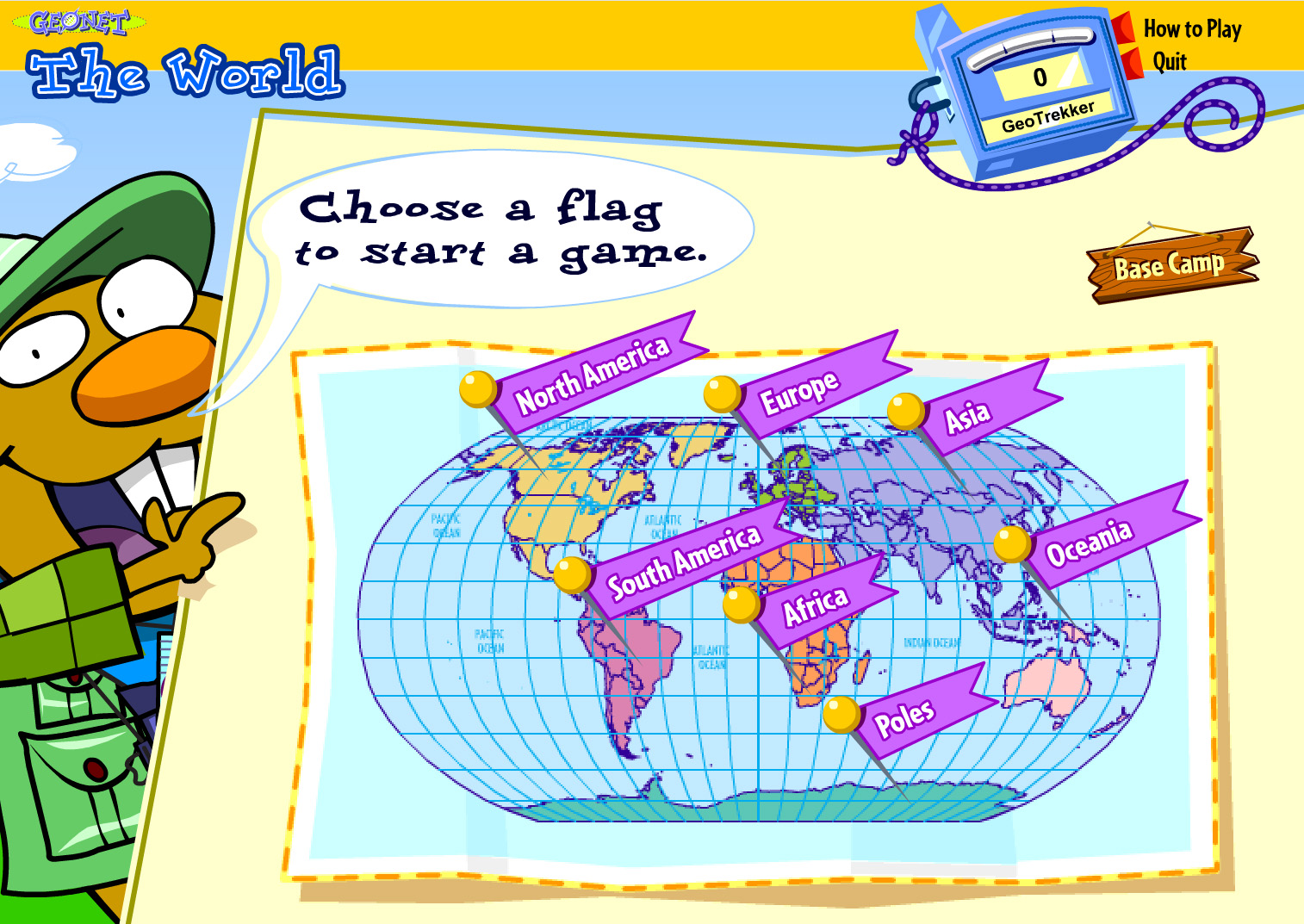The Evolving Landscape of Online Games for Kids: A Look Ahead to 2025
Related Articles: The Evolving Landscape of Online Games for Kids: A Look Ahead to 2025
Introduction
With enthusiasm, let’s navigate through the intriguing topic related to The Evolving Landscape of Online Games for Kids: A Look Ahead to 2025. Let’s weave interesting information and offer fresh perspectives to the readers.
Table of Content
The Evolving Landscape of Online Games for Kids: A Look Ahead to 2025

The digital landscape for children is constantly evolving, and the world of online games is no exception. By 2025, we can anticipate a significant shift in the nature and accessibility of online games for children, driven by technological advancements, changing parental attitudes, and evolving educational approaches. This article explores the key trends shaping the future of online gaming for children, highlighting the potential benefits and considerations for parents and educators.
The Rise of Immersive Technologies:
Virtual and augmented reality (VR/AR) technologies are poised to revolutionize the way children experience online games. VR games, with their immersive environments and interactive experiences, can offer children a unique opportunity to explore new worlds, engage in imaginative play, and develop problem-solving skills. AR games, which overlay digital elements onto the real world, have the potential to enhance learning by bringing educational content to life. Imagine children learning about the solar system by interacting with virtual planets in their living room or exploring the human body through an augmented reality anatomy lesson.
Personalized Learning Experiences:
The future of online games for children will be characterized by personalization and adaptive learning. Games will be designed to cater to individual learning styles and preferences, adjusting difficulty levels and content based on a child’s progress. This personalized approach will ensure that children are challenged and engaged, fostering a deeper understanding of the subject matter. Gamification, the application of game mechanics to non-game contexts, will also become increasingly prevalent in educational settings, making learning more interactive and engaging.
Social and Collaborative Gameplay:
Online games will increasingly emphasize social interaction and collaboration. Children will be able to connect with friends and classmates virtually, playing together, competing in teams, and sharing their experiences. This fosters a sense of community and promotes social and emotional development. Moreover, online platforms will provide opportunities for children to participate in virtual events, workshops, and online communities, expanding their social horizons and fostering a sense of belonging.
Safety and Security:
As online gaming becomes more prevalent, ensuring the safety and security of children is paramount. Game developers and platforms will prioritize robust safety measures, including age-appropriate content filters, parental controls, and robust reporting mechanisms to address inappropriate behavior. Educating children about online safety and responsible gaming practices will also be crucial, empowering them to navigate the online world safely and responsibly.
The Role of Educational Games:
The line between entertainment and education will continue to blur as online games become increasingly sophisticated tools for learning. Educational games will leverage interactive storytelling, engaging puzzles, and rewarding challenges to make learning fun and effective. These games will cover a wide range of subjects, from literacy and numeracy to science, history, and coding, making them valuable resources for children of all ages and learning abilities.
Considerations for Parents and Educators:
As the digital landscape for children evolves, parents and educators must remain informed and proactive. It is essential to:
- Stay informed: Keep abreast of the latest trends in online gaming and understand the potential benefits and risks associated with different platforms and games.
- Set clear guidelines: Establish rules and limits for screen time, appropriate content, and online communication.
- Engage in open communication: Talk to children about online safety, responsible gaming practices, and the potential dangers of cyberbullying and online predators.
- Monitor their activities: Use parental controls to monitor their online activity and ensure they are engaging in age-appropriate content.
- Encourage a balanced approach: Promote a healthy balance between screen time and other activities, such as physical play, outdoor exploration, and social interaction.
FAQs about Online Games for Kids in 2025:
1. What are the benefits of online games for children?
Online games can offer numerous benefits, including:
- Cognitive development: They can enhance problem-solving, critical thinking, and decision-making skills.
- Social and emotional development: They can foster communication, collaboration, and teamwork skills, as well as promote empathy and understanding.
- Educational value: They can make learning fun and engaging, particularly in subjects that are traditionally challenging.
- Creativity and imagination: They can provide a platform for children to express their creativity and explore new worlds.
2. What are the risks associated with online games for children?
- Cyberbullying: Children can be exposed to bullying and harassment online.
- Online predators: There is a risk of children encountering online predators who may seek to exploit or harm them.
- Inappropriate content: Children may encounter content that is inappropriate for their age or maturity level.
- Addiction: Excessive gaming can lead to addiction and negatively impact schoolwork, social life, and physical health.
3. How can parents ensure the safety of their children while they play online games?
- Use parental controls: Set limits on screen time, restrict access to inappropriate content, and monitor their online activity.
- Talk to them about online safety: Educate them about cyberbullying, online predators, and responsible gaming practices.
- Encourage open communication: Create a safe space for them to discuss their online experiences and concerns.
- Monitor their social media activity: Be aware of who they are communicating with online and what they are sharing.
4. What are some tips for choosing age-appropriate online games?
- Read reviews: Consult online reviews from other parents and educators to get an idea of the game’s content and suitability.
- Check the rating: Look for age ratings from organizations like ESRB (Entertainment Software Rating Board) or PEGI (Pan European Game Information).
- Play the game yourself: Get a feel for the game’s content and mechanics before letting your child play.
- Consider their interests: Choose games that align with their interests and learning styles.
5. What is the role of educators in online gaming for children?
- Integrate games into the curriculum: Use educational games to enhance learning and make it more engaging.
- Teach digital literacy: Educate children about online safety, responsible gaming practices, and critical media literacy.
- Collaborate with parents: Communicate with parents about online gaming trends and share resources for supporting children’s digital well-being.
Conclusion:
The future of online games for children is bright, promising a world of immersive experiences, personalized learning, and social interaction. However, it is crucial for parents and educators to stay informed, engage in open communication, and prioritize the safety and well-being of children in the digital world. By embracing these principles, we can ensure that online games continue to be a valuable resource for learning, creativity, and social development.








Closure
Thus, we hope this article has provided valuable insights into The Evolving Landscape of Online Games for Kids: A Look Ahead to 2025. We hope you find this article informative and beneficial. See you in our next article!